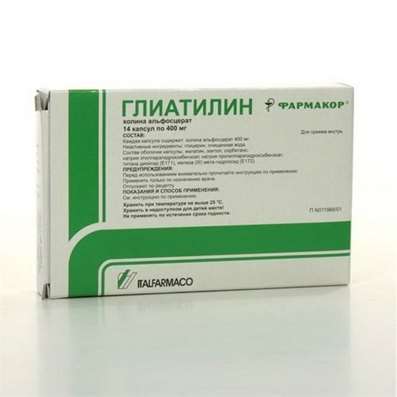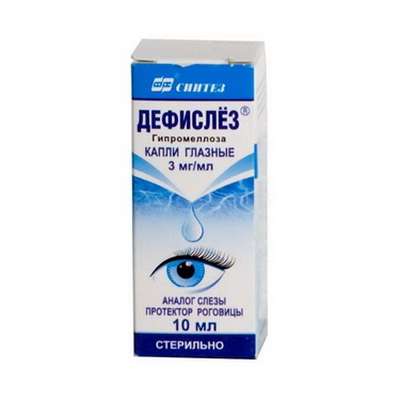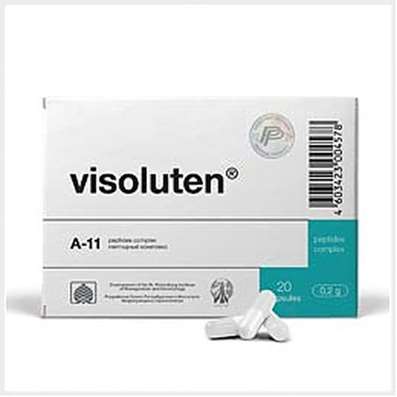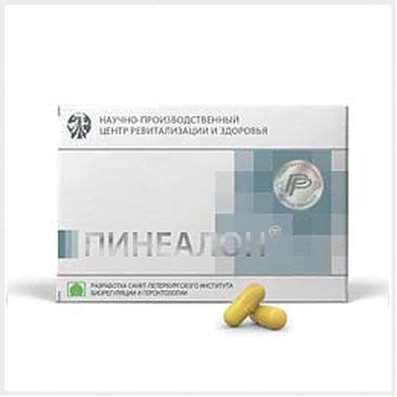Cerebrolysin
10 Apr 2018
A drug of the brain of pigs, positioned by the manufacturer as a medicine. It refers to nootropic drugs, complex drugs with neurotrophic activity, is proposed for use in the treatment of patients with various neurological diseases, such as ischemic and hemorrhagic strokes, vascular dementia, including Alzheimer's disease. It is a complex of low molecular weight peptides obtained by enzymatic cleavage of purified porcine brain substance proteins. The active fraction is represented by peptides whose molecular weight does not exceed 10,000 daltons. In connection with the complex nature of cerebrolysin, the exact mechanism of its action remains unknown.
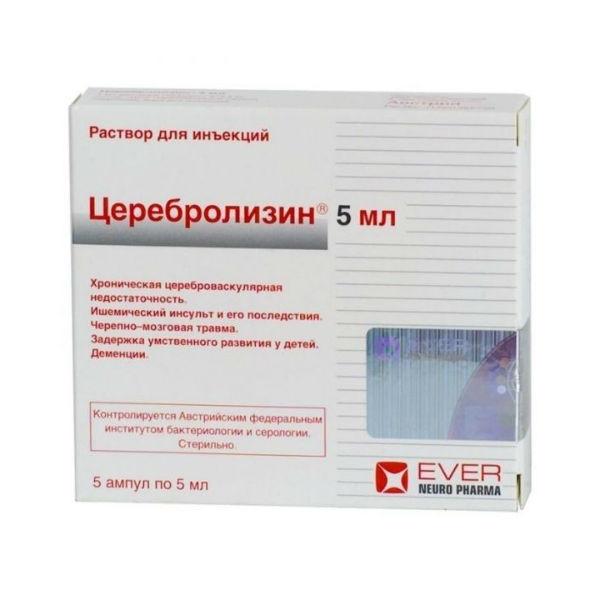
- Active ingredient: hydrolyzate brain pig.
- Dosage form: injection.
The drug has been produced and studied since the early 1970s, is the main product of the Austrian pharmaceutical company EVER Neuro Pharma, which besides this drug produces a drug intended for the treatment of Parkinson's disease, and nutritional supplements. The international name of the drug is absent.
According to the authoritative organization Cochrane Collaboration in randomized clinical trials of cerebrolysin, no improvement in the status of patients from taking the drug has been reported. Based on the results of a double-blind, randomized, placebo-controlled study in 2011, patients with mild to moderate vascular dementia demonstrated that patients who received Cerebrolysin as a supplement to acetylsalicylic acid therapy experienced significant improvements in all primary outcome parameters compared to baseline level and with the same parameters in the placebo group. Main conclusions: can be recommended for inclusion in regional forms of treatment for patients with vascular dementia.
For more than 40 years, cerebrolysin has been widely used in Russia and CIS countries. For many years (since 1992) is on the government's list of vital and essential medicines.
In the United States, the Food and Drug Administration (FDA) is not registered, but has the status of a new drug approved by the FDA for private clinical use.
Pharmacodynamics
The composition of the drug includes low-molecular biologically active neuropeptides, which are able to penetrate the blood-brain barrier and to go directly to the nerve cells. The drug has an organ-specific multimodal effect on the brain.
~ Neurotrophic activity ~
The drug has proven neurotrophic activity, similar to the action of natural factors of neuronal growth, but manifested in conditions of peripheral administration. It has the effect of neurotrophic stimulation of neurons of the peripheral and central nervous system.
~ Metabolic regulation ~
Increases the efficiency of aerobic energy metabolism of the brain, improves intracellular protein synthesis in the developing and aging brain.
~ Neuroprotection ~
It protects neurons from damaging effects of lactic acidosis, prevents the formation of free radicals, improves survival and prevents the death of neurons in conditions of hypoxia and ischemia, reduces the damaging neurotoxic effect of excitatory amino acids (glutamate).
~ Functional neuromodulation ~
Has a positive effect on violations of cognitive functions and memory processes.
Indications: disorders of the central nervous system: traumatic brain and spinal cord injuries, ischemic stroke, Alzheimer's disease, chronic cerebrovascular insufficiency, mental retardation in children, hyperactivity and attention deficit in children, dementia syndrome of various genesis.
Contraindications: status epilepticus, acute renal failure, individual intolerance of the drug.
Efficiency mark:
A randomized controlled study of the safety of cerebrolysin, conducted at the Christian-Doppler Hospital in Salzburg, with neuroprotective treatment of patients with acute cerebrovascular accident showed that the drug is safe and well tolerated in patients with acute stroke. The results, despite the small sample size, indicate a potential effect of treatment with cerebrolysin in acute stroke.
In 2007, a meta-analysis of the effectiveness of cerebrolysin in the treatment of Alzheimer's disease was conducted at the Department of Pharmacology and Biostatistics of Shanghai Jiaotong University Medical College. Six randomized, double-blind, placebo-controlled clinical trials were examined using standard meta-analysis methods. The analysis found that cerebrolysin can significantly improve the overall condition of patients with mild and moderate Alzheimer's disease. The effectiveness of the action of cerebrolysin on cognitive functions requires further study.
A multi-center, randomized, placebo-controlled, double-blind clinical study of cerebrolysin in 2011 after the stroke did not show a difference in the final outcome of treatment with cerebrolysin compared with placebo in the treatment of ischemic stroke. However, after the stratification of the results of the severity of the patients' condition, a decrease in mortality was observed for 90 days after the stroke by 10% compared to the control group (mortality in the placebo group was 20.2%, in the cerebrolysin group 10.5 %). This result should be confirmed by further clinical studies.

 Cart
Cart

